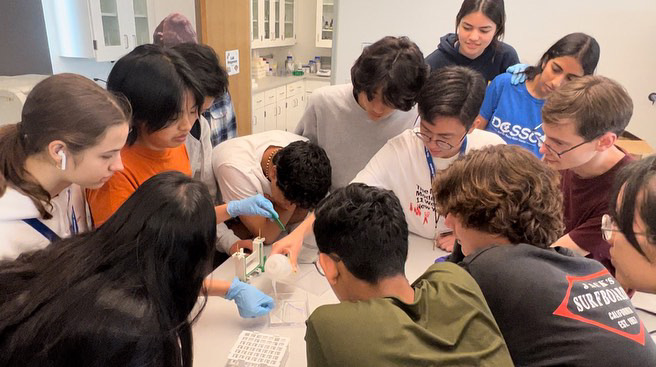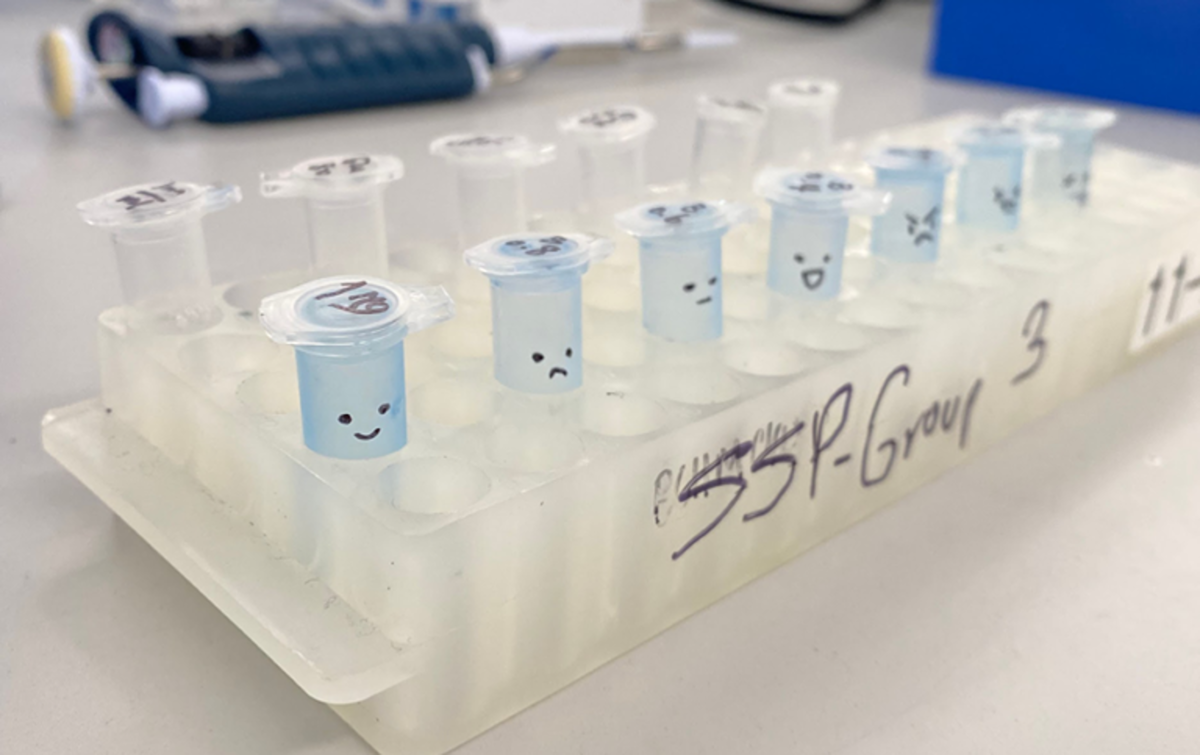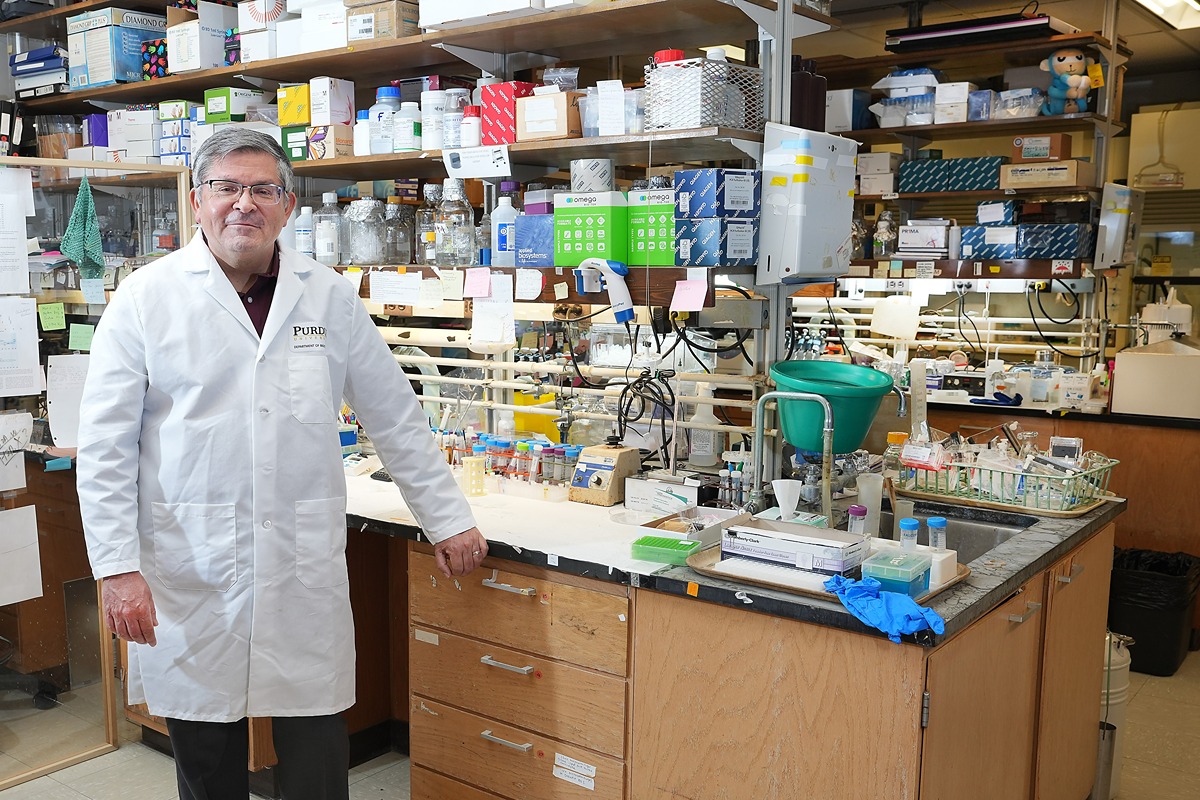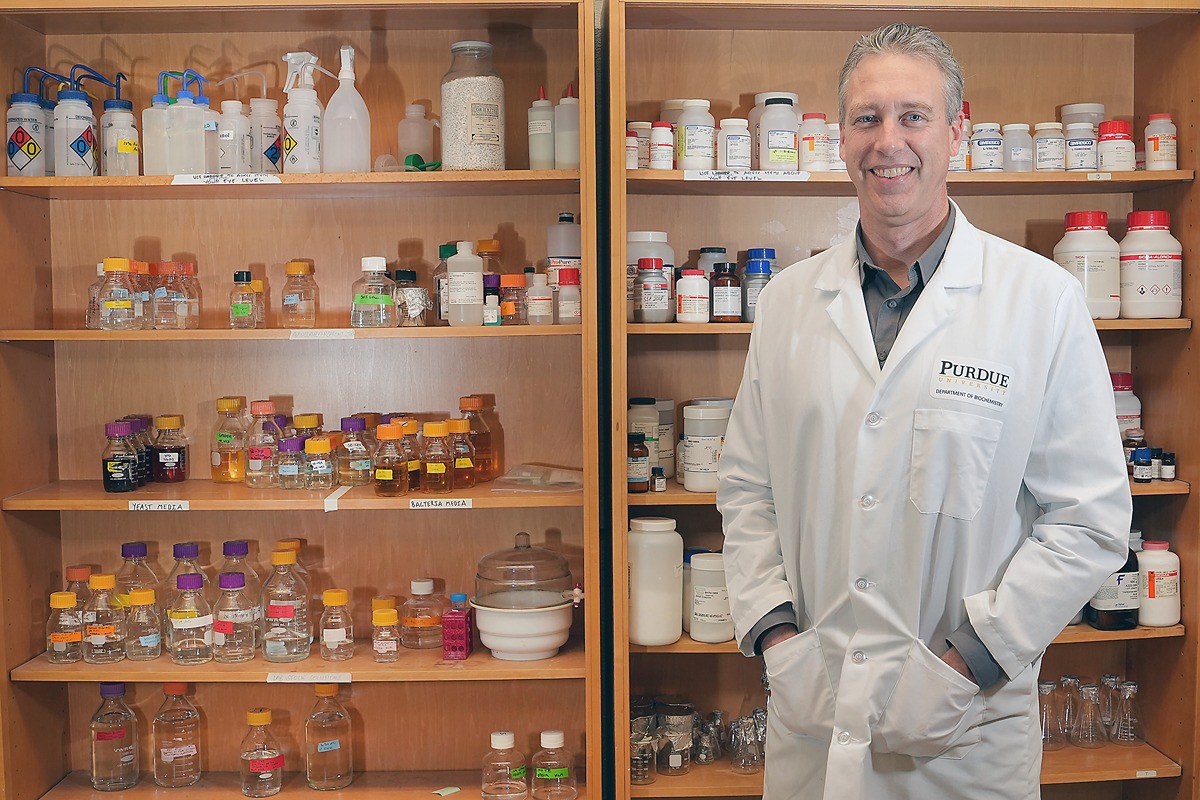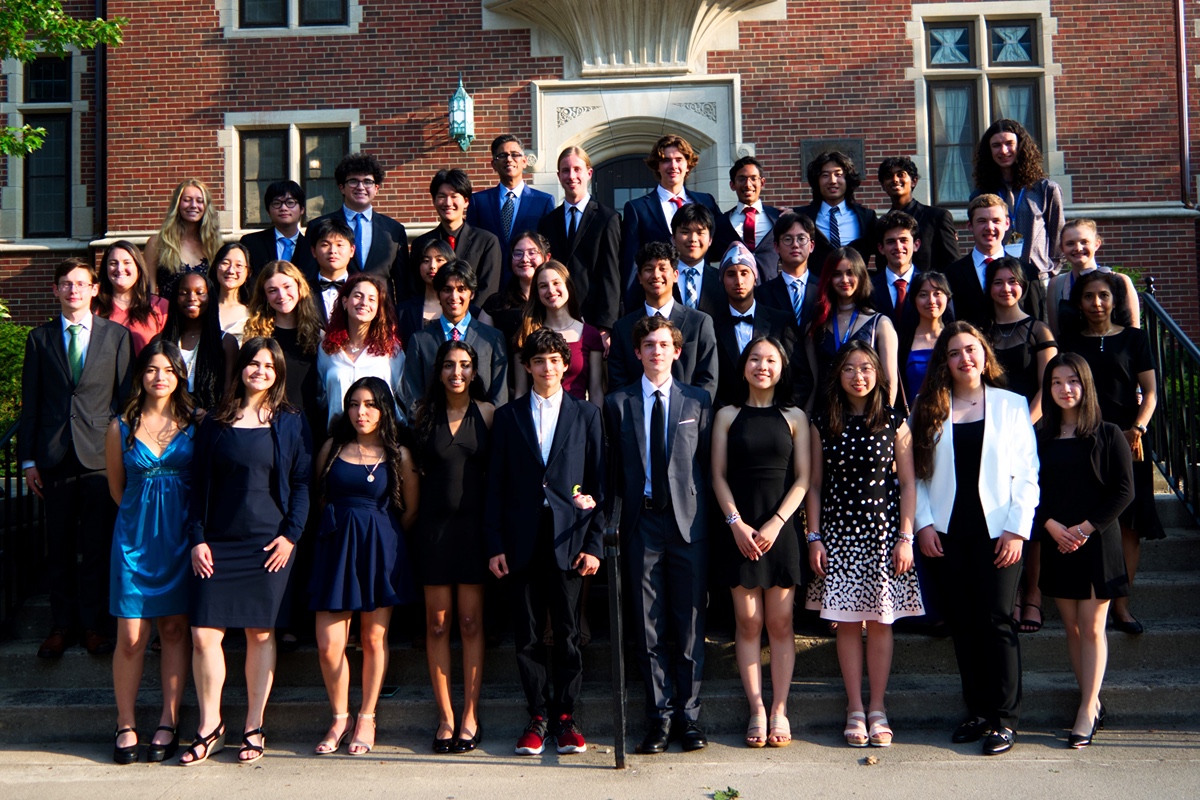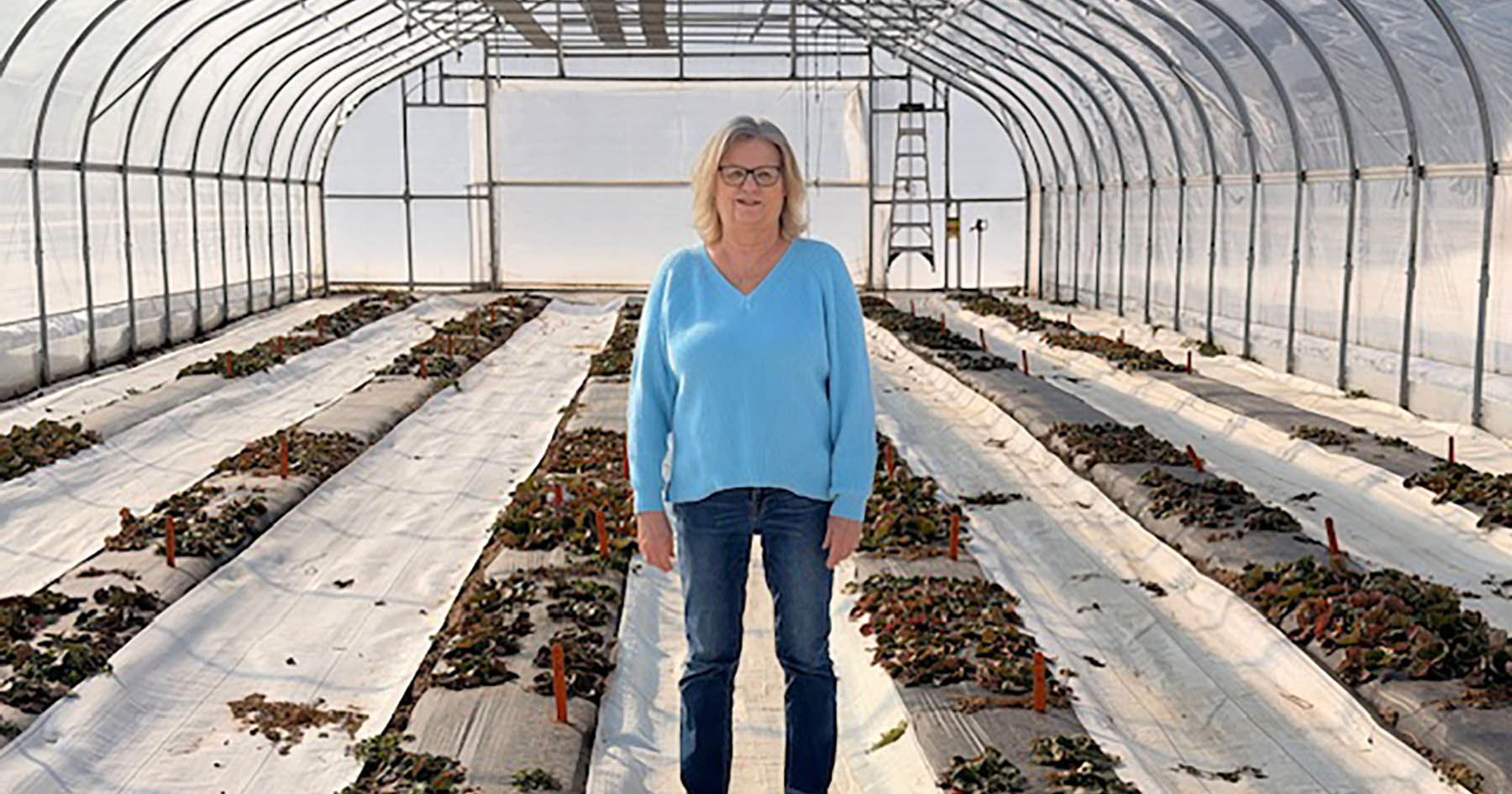Donation takes Summer Science Program to the next level
If you’re on Purdue’s campus in the summer, you may notice a group of students slipping out of the biochemistry labs late at night, looking exhausted yet exhilarated.
These are the participants in the Summer Science Program (SSP), a six-week intensive research program for rising high school seniors. Its prosaic name belies its elite status: founded in 1959, SSP admits only about 8% of applicants, and many go on to top universities and prestigious careers.
Now, a surprise donation may make SSP available to a bigger and broader group of students. Franklin Antonio, a SSP alumnus, left the organization $200 million when he died in 2022. Antonio, who co-founded the chipmaker Qualcomm, had participated in the program in the summer of 1969. His donation represents approximately 100 times SSP’s $2 million annual budget.
Now, SSP needs to decide how to utilize such a massive gift. To that end, they’ve engaged consultants and embarked on a period of strategic planning.
“The options are almost limitless at this point, given the size of the asset,” says Frank Steslow, SSP’s CEO.
SSP’s immediate plan is to expand the existing programs. There are currently six programs – biochemistry at Purdue and Indiana University, genomics at Indiana University, and astrophysics at New Mexico State University, the University of Colorado Boulder, and the University of North Carolina at Chapel Hill.
“Last summer we hosted 204 participants in six programs; we are hoping to expand that to potentially 400-plus participants in summer 2024,” Steslow says.
From there, Steslow and his team hope to do much more. They could open SSP locations on more campuses, and also potentially include more subject areas. They could create feeder programs for SSP, helping prepare a broader group of students for the intensive experience. They could also increase financial aid, making SSP feasible for more low-income students.
“We want to make greater inroads in underserved populations, particularly first-generation college applicants,” Steslow says. “Some of that will require additional financial aid.”
They could also potentially offer stipends for attendees. “This is important when we’re talking about low-income families,” Steslow says. “If summer is a time they’re needing to work to save money for college, it’s very hard for them to give up six weeks.”
Clint Chapple, distinguished professor in the Purdue University College of Agriculture’s Department of Biochemistry, sits on SSP’s Board of Trustees. “I’m excited because I have the opportunity to make some kind of contribution to deciding how SSP will be able to reinvent itself and have an impact on even more students,” he says.
During summers at Purdue, SSP students research fungal crop pathogens, working under Purdue faculty and graduate students to do the kind of work that might usually be expected from college-level biochemistry majors. Several Purdue faculty members have been deeply involved in both the biochemistry program’s development – it began in 2016 – and its teaching. Biochemistry professor Mark Hall developed the curriculum with assistance from Joe Ogas, a biochemistry professor, department head and an SSP alum. Mark Hall was inducted into Purdue’s Book of Great Teachers, partly based on his SSP work. A professor from the chemistry department, Chitta Das, teaches the curriculum to the summer students. Additionally, members of Purdue’s biomedical engineering department created the curriculum in genomics that’s now taught at IU.
One of those students is Nina Ejindu, a high school senior in Maryland who participated in SSP at Purdue last summer. She’s interested in medicine as a career, and wanted to see if biochemistry might be a good fit for college study.
“I thought the campus was insanely beautiful,” she says. “And when I got in the lab, I was honestly starstruck. It just looked so put-together, so advanced. Even with the college visits I’d done so far, Purdue has some of the best labs I’d ever seen.”
 Ejindu and the rest of her 36-strong cohort got up early each morning for 8 a.m. lectures followed by long days in the lab, attempting to design an enzyme inhibitor for Cdc14 phosphatases, which play a role in plant infection by fungi.
Ejindu and the rest of her 36-strong cohort got up early each morning for 8 a.m. lectures followed by long days in the lab, attempting to design an enzyme inhibitor for Cdc14 phosphatases, which play a role in plant infection by fungi.
“It was all very new to me, and at times hard to grasp, but the TAs and the teachers were very helpful, and at the end of the day everyone had a great understanding of what they were doing,” she says.
For Ejindu and her peers, “the end of the day” often meant leaving the lab at 10:30 p.m. then working in the dorm computer lab until late. But she loved every minute of it.
“We were able to intellectually challenge each other and grow together,” she says. “When I got home, I genuinely missed doing that research with my lab group.”
During the rare times off from the lab, Purdue’s SSP students, who came from all over the country and the globe, were taken on excursions around the state – hikes in Turkey Run State Park, swimming in the rain at Indiana Dunes.
“Those experiences, I don’t think I’ll ever forget them,” Ejindu says. “Everyone was so nice, so kind, so funny. I was expecting the kids to be a little, well, not necessarily pretentious, but maybe a little bit. But they were all so down to earth.”
Months later, Ejindu and her closest SSP friends chat daily, and she’s on a WhatsApp thread with the rest of her summer classmates.
In addition to learning specific lab skills, Ejindu says the experience boosted her self-assurance as she tackles college applications.
“It made us more confident about applying to a bunch of different schools, especially selective ones,” she says. “SSP’s intensity can be compared to some top schools, so it gave us a little taste of what college could be like.”
For Purdue, participating in SSP helps put the university on the radar of students who might not otherwise think to apply. Frank Steslow recently returned from an SSP alumni weekend, where he met a 2023 SSP-Purdue graduate from Connecticut.
“I was asking him about his future, and he said, ‘I’m applying to Brown and I’m applying to Purdue,’” Steslow says. “He had not thought about Purdue previously, but was feeling really great about the experience, the university, and the campus, and he was putting it on the top of his list.”

